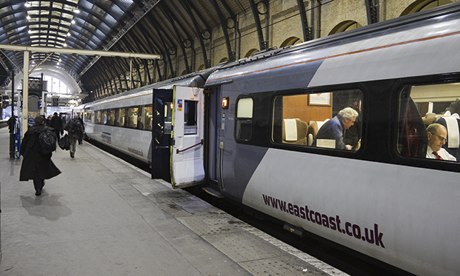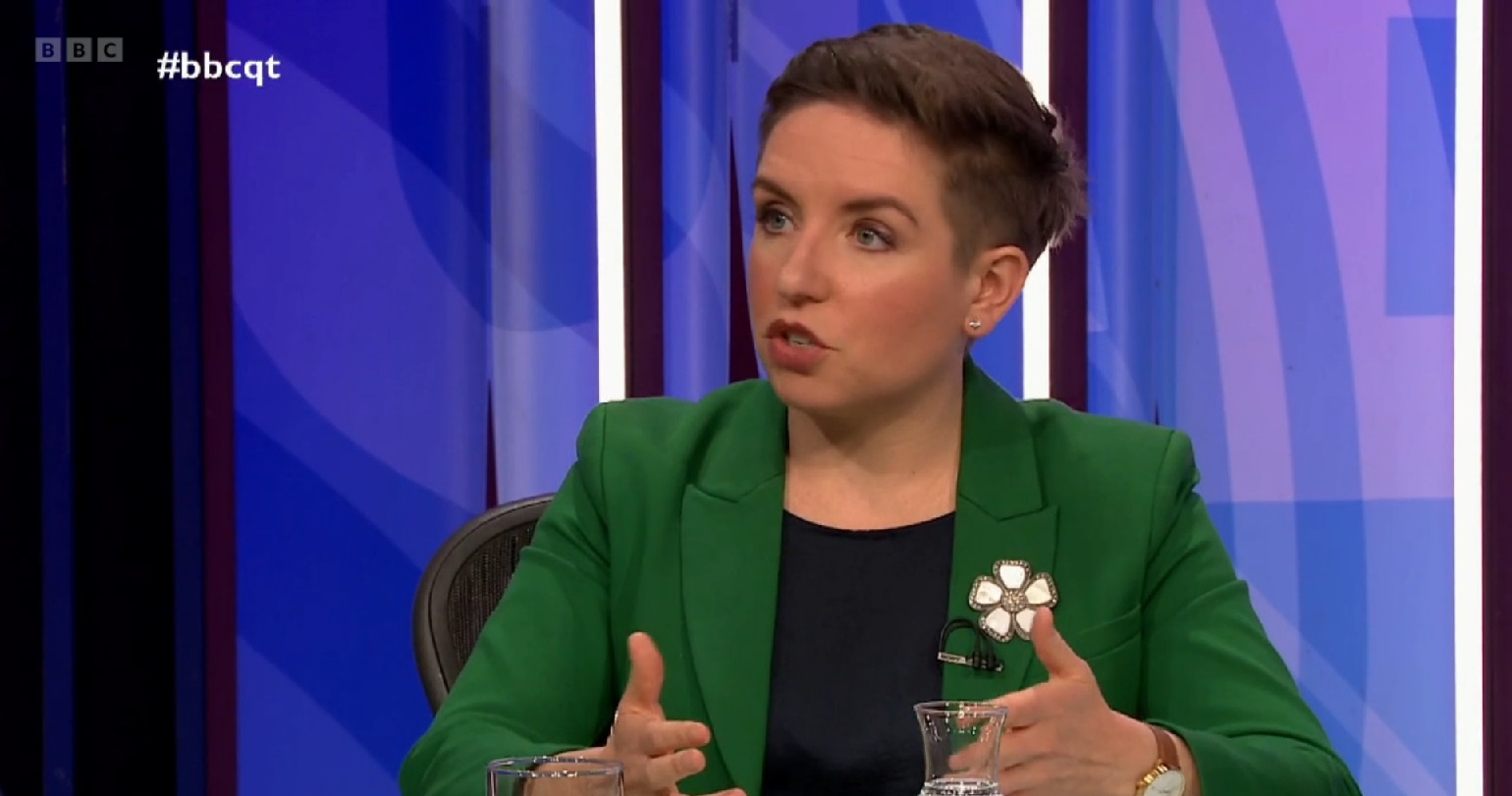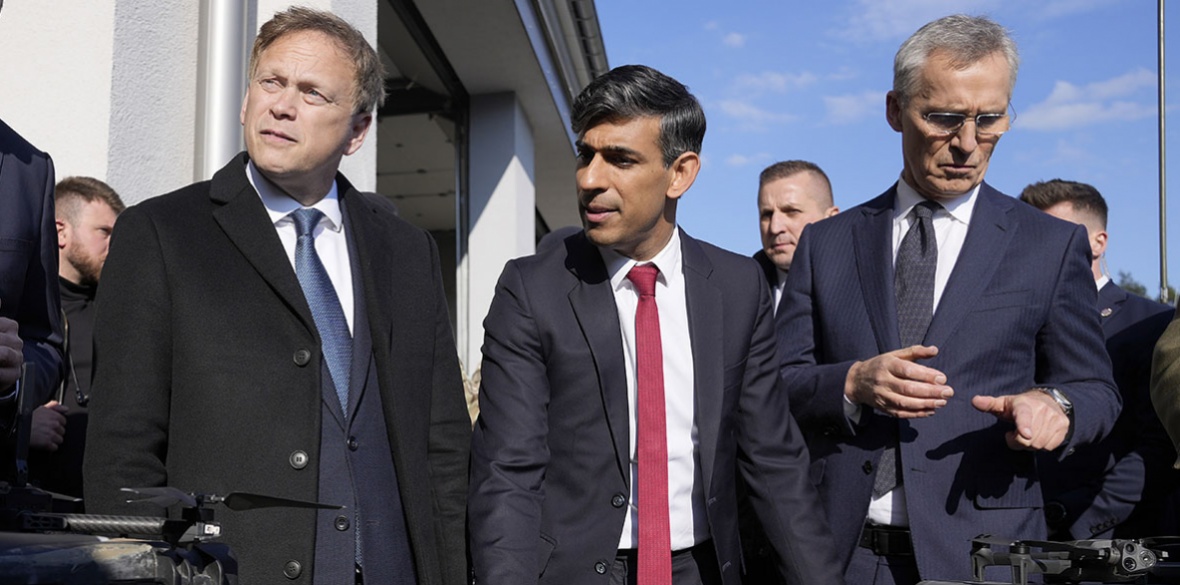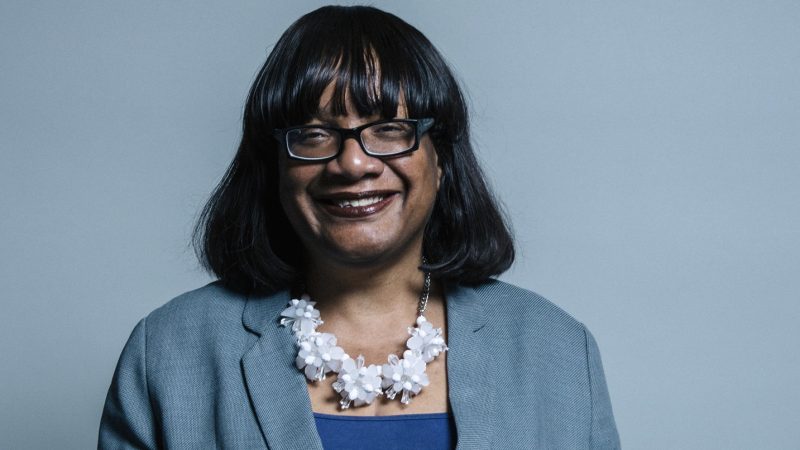Politicians are blaming disabled people for the inequalities they face
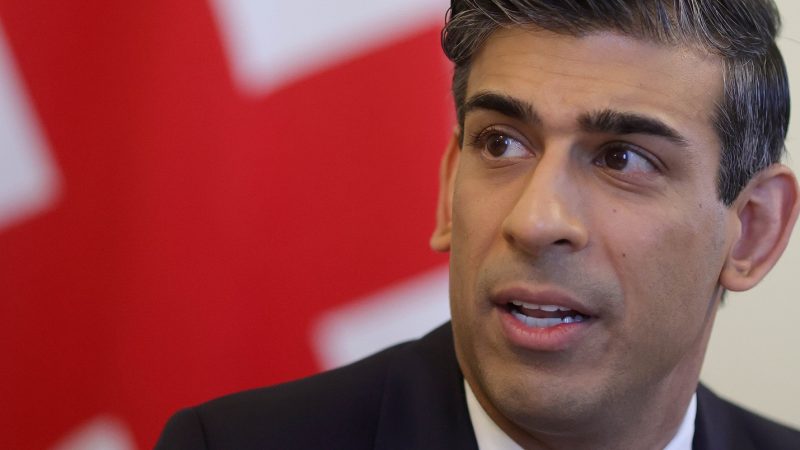
It’s time the Government gives disabled jobseekers and employees the support they need – rather than demonising people who can’t work.
On Friday, Rishi Sunak pledged to tackle Britain’s so-called ‘sick note culture’. Saying that the ‘spiralling’ benefits bill was unsustainable, he promised to ‘control welfare’ if re-elected.
This rhetoric is nothing new. Disabled people have faced an ongoing onslaught of negative headlines over the past few months.
The Prime Minister has previously spoken about ‘[squeezing] benefits to fund more tax cuts for workers’, pitting disabled people against the rest of society. Commentators, too, have taken to arguing that our benefits system ‘invites abuse’.
And this harmful attitude towards welfare is not partisan; Labour too have implied that there are too many people claiming disability benefits.
But disability benefits are not a problem that needs to be ‘controlled’. At its best, our welfare system enables disabled people to lead more independent and meaningful lives, offering them vital support to overcome the barriers they face. That is something people across the political spectrum should celebrate.
…
